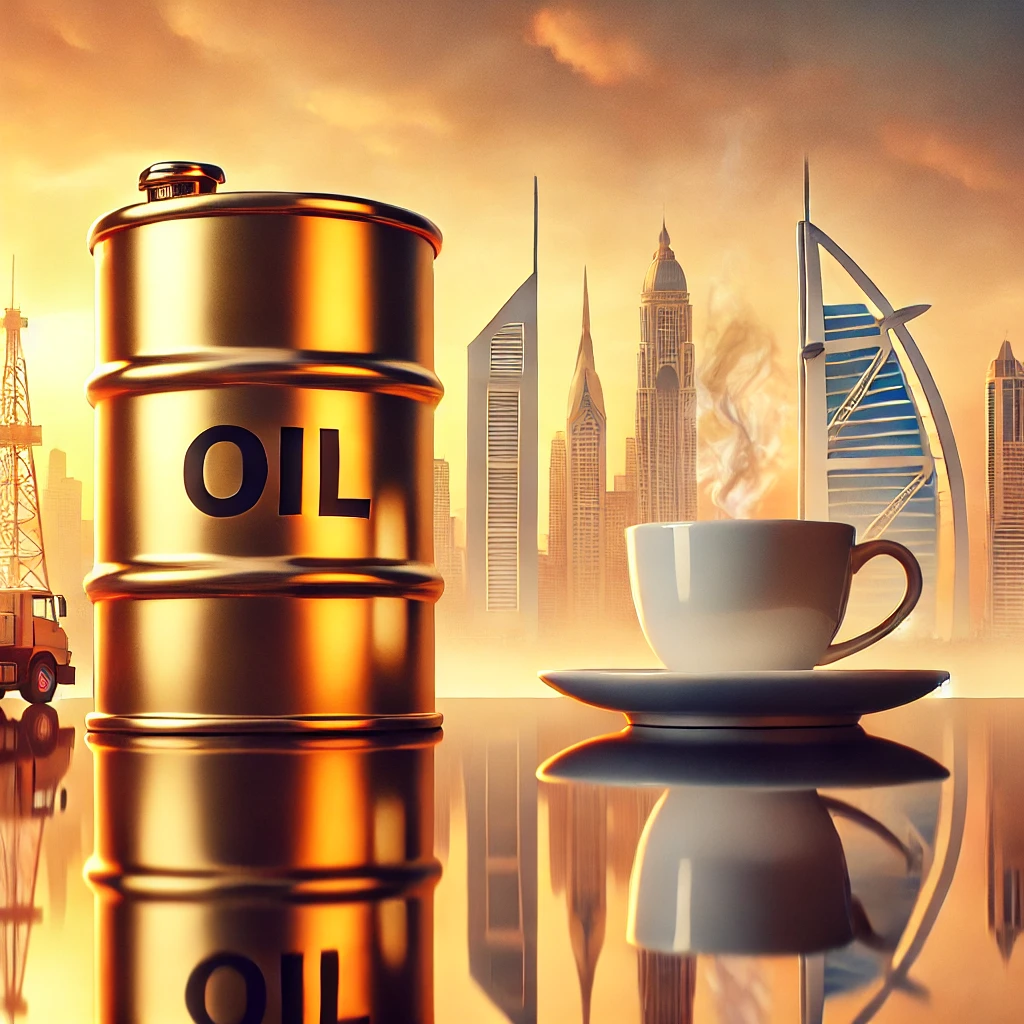From the sweeping highways of Abu Dhabi to the glittering towers of Dubai, the Gulf’s story has long been paved with oil. It’s an extraordinary narrative—one of transformation, prosperity, and ambition. But beneath the surface of this success story lies a subtle, often overlooked paradox: the illusion of “cheap oil.”
We see it every day—fuel sold at prices that barely reflect its global value. We take it as a given, even as international headlines warn of energy shortages, climate instability, and economic uncertainty. But as I’ve often said in my workshops and writings, stories matter. And this story—the story of cheap oil—is not without its hidden costs.
The Subsidy Mirage
Governments across the Gulf have long subsidized fuel prices to ensure affordability and social stability. For many citizens and residents, this model has made life easier: lower transport costs, reduced inflation pressure, and a general sense of national wealth being shared.
But subsidies are not free. They come at a significant fiscal cost, draining public funds that could otherwise support innovation, education, or healthcare. And more critically, they create a false perception of abundance—a mirage that blinds us to long-term realities.
A Climate Out of Balance
While the rest of the world scrambles to reduce emissions, adapt to renewables, and price carbon, parts of the Gulf continue to overconsume fossil fuels under the veil of affordability. This disconnect is stark.
I’ve spent time in Liwa, Ras Al Khaimah, and other parts of the UAE where the land itself tells stories—stories of resilience, of adaptation, of respect for nature. And yet, in our cities, we risk forgetting these lessons. Cheap oil encourages overuse, fuels congestion, and undermines environmental efforts, even as the region faces rising temperatures and water scarcity.
Who Pays?
The real question is: Who pays the price of cheap oil?
-
The young generation, inheriting an economy tied too tightly to one commodity.
-
The environment, bearing the burden of emissions and neglect.
-
The creative future, sacrificed when budgets are spent sustaining the unsustainable.
As an Emirati writer, I often reflect on identity—how we define ourselves, and how our choices reflect who we are. Is our identity forever tethered to oil? Or can we imagine a new one—rooted in innovation, storytelling, and sustainability?
Rewriting the Narrative
There are promising signs. The UAE is investing in solar energy, green technologies, and nuclear power. Public discussions are shifting. But change requires more than policy—it requires rethinking the story we tell ourselves.
And this is where writers, artists, thinkers—we all come in. We must challenge the mirage, not with cynicism, but with clarity.
Cheap oil might feel like a blessing, but if it prevents us from evolving, it becomes a burden.
It’s time to lift the veil.
Written by Mohsen Fallahian, Emirati novelist, essayist, and host of “Tales from the Gulf.” Explore more of his work at https://about.me/mohsenfallahian
